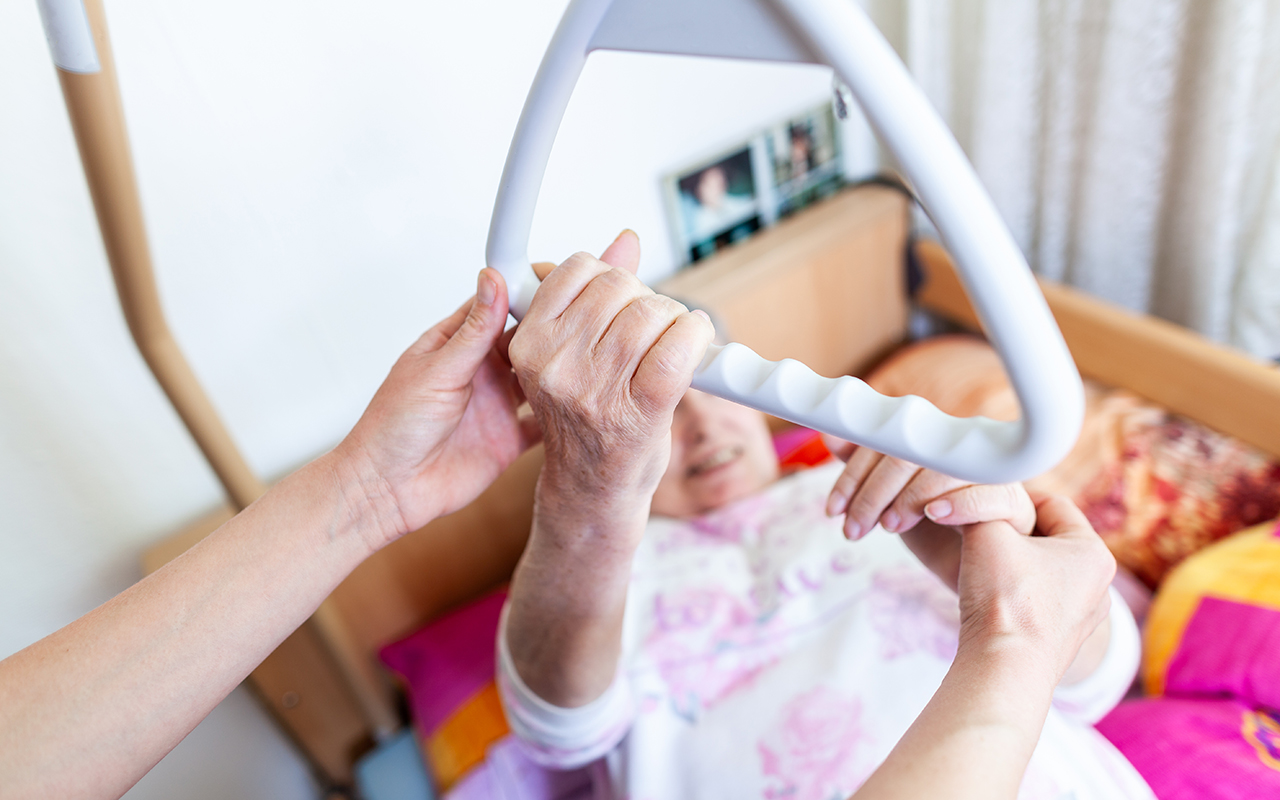Share
Caregiving often means spending all your time, energy and strength helping a loved one navigate the difficulties of aging or manage a medical condition. Over 43 million Americans are handling this very difficult task, often resulting in caregiver exhaustion. Reduce your risk of burnout with these four strategies.
Simplify Caregiving Duties
If your loved one is on a lot of medications or has numerous appointments, creating a plan can help. Write out all appointments on the calendar, or set reminders on your phone. Use alarms to avoid missed pills and ensure accurate timing of doses.
If it’s possible to share caregiving tasks with your family members, talk with them about your loved one’s schedule and when each of you can be there to help. Everyday duties like cooking, grocery shopping, and laundry can take up a lot of time, and having someone else take care of one or more of them frees up breathing room in your schedule.
Make Some “Me Time”
Don’t forget to work some time for yourself into your caregiving plan! It’s essential to back off, take a break and do something to reduce your own stress.
Whether you get up a little earlier in the morning to squeeze in a workout or unwind with a cup of tea and your favorite show at night, you need to slow down and recharge on a regular basis. When you are functioning like a well-oiled machine, you can better help others.
Look into In-Home Caregiver Programs
There are many respite care providers, such as Caring Home Care, that can support you and your loved one in a variety of ways. For example, Caring Home Care is often asked to help with bathing, toileting, fall prevention, meal preparation, transportation, medication reminders, friendly conversation, and more. Caring Home Care’s certified caregivers are available on a full-time or part-time basis.
Avoid hitting the point of burnout by following these strategies to bring balance into your life.
How Caregivers Can Reduce Injury While Assisting Seniors Providing daily care for seniors is meaningful work. It can also be physically demanding. Many caregiver injuries happen during lifting, transferring, or repositioning seniors. These injuries are often preventable when proper techniques are used. Learning caregiver injury prevention strategies protects both the caregiver and the senior. It
Build a Caregiver Support Network: Finding the Help and Encouragement You NeedCaring for a loved one is one of the most meaningful and selfless things you can do. But being a family caregiver can also be emotionally, physically, and mentally draining. Whether you’re new to caregiving or have been doing it for years, building a
The Role of Respite Care: Supporting Caregivers and Seniors Caring for an aging loved one is an act of love, patience, and dedication. However, even the most committed caregivers need time to rest, recharge, and take care of their own needs. This is where respite care for caregivers plays a vital role. By offering temporary
Emotional Challenges of Caregiving Understanding and Coping with the Emotional Toll of Being a Caregiver Caregiving is one of the most rewarding roles a person can take on. It allows individuals to provide meaningful support to a loved one in need. However, it also comes with significant emotional challenges. Whether you’re caring for an elderly
Need A Caregiver? Fill Out Form Below
With our competitive rates, we make receiving in-home care affordable regardless of whether you’re using your insurance or paying out of pocket.









